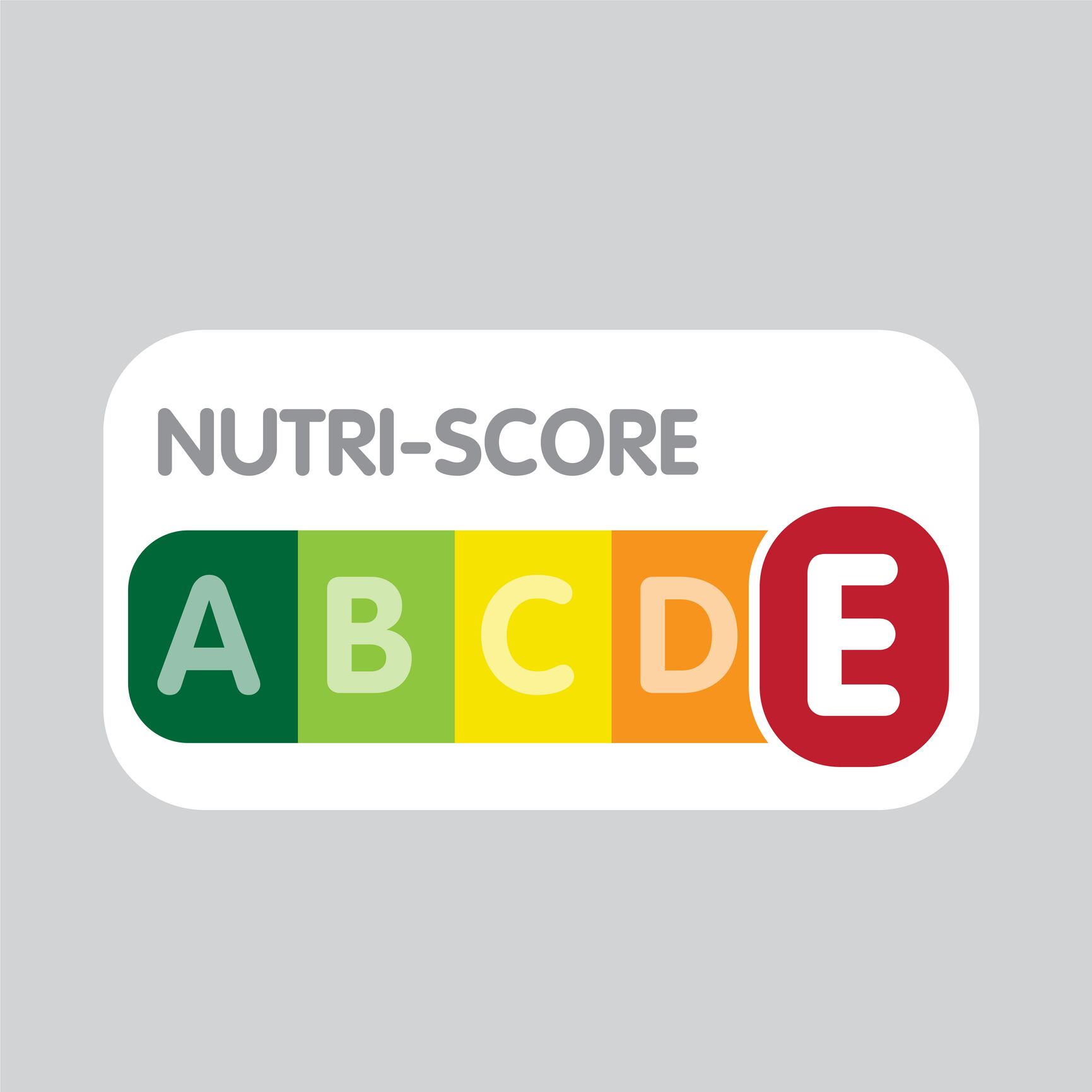Consumer groups reiterated calls for a mandatory Nutri-Score to be put on EU food business' products after Nestlé said that it was to support the labelling system in continental Europe.
“We are glad to see that Nestlé has heeded the call of consumers and is adopting the Nutri-Score in some parts of Europe,” said Emma Calvert, food policy officer at the European Consumer Organisation (BEUC).
“We are eager to see which products will bear the label and hope the initiative expands to more countries. We also encourage other companies to follow suit and display this easy-to-understand nutrition label on their own products. But ultimately what we need is the label to become mandatory across Europe so all consumers can benefit from it and make informed food choices.”
Nutri-Score is a voluntary front-of-pack scheme that classifies foods and beverages according to their nutritional profile. It is a colour-coded system with a scale ranging from A (healthier choices) to E (less healthy choices).
In May, seven of BEUC’s member organisations launched the European Citizens’ Initiative, a petition to make the Nutri-Score label mandatory in the EU.
“To make it truly effective, all companies should have to [use Nutri-Score] in Europe,” added Calvert.
‘A victory for consumers and for public health’
Serge Hercberg, a professor of nutrition and former president of France’s National Health Nutrition Program, also welcomed Nestle’s move, which he called “a victory for consumers and for public health".
He tweeted: “After 5 years of resistance, faced with scientific work justifying the interest of NutriScore and the strong societal demand, the food giant Nestlé agrees to adopt Nutri-Score at European level.
“May this encourage other firms such as Mars, Coca-Cola , Pepsi, Kelloggs, Ferrero, Uniliver, Mondelez,... which still refuse Nutri-Score to do the same for the interest of consumers and public health.”
Nestlé to continue constructive engagement with other European countries
Nestlé announced its support for Nutri-Score as the preferred nutrition labelling scheme for food and beverage products in continental Europe. Nutri-Score will start appearing on Nestlé products in countries that already support the front-of-pack labelling scheme by the end of 2019.
In March 2017, Nestlé said it was supporting the development of a common European colour-coded front-of-pack labelling scheme and engaged with industry, public authorities and other partners to explore a variety of options. Public health authorities in France, Belgium and Switzerland have subsequently recommended the use of Nutri-Score.
A number of other countries have indicated their intention to follow suit, said Nestlé. It said: “It is time to move quickly and decisively to build broader momentum in favour of Nutri-Score across continental Europe.”
It added that its “constructive engagement will continue in other European countries to ensure the best possible outcome for all Europeans” and will provide an update later in 2019.
Marco Settembri, CEO of Nestlé for Europe, Middle East and North Africa said: “Our support for Nutri-Score reflects our commitment to good nutrition and informed choices. It is also a matter of transparency. Europeans are increasingly eager to know what is in the food and beverages they consume. We want to provide them with easy-to-understand nutritional information and to do this quickly. Scientific evidence and increasing consumer support show that Nutri-Score is a solution that works in continental Europe.”
‘We want to make it easier for families to choose healthier options’
The move is part of Nestlé’s other pledges to improve further the nutritional value of its food and beverages, it said. The company has made several commitments on product reformulation such as further reducing sugars by 5%, sodium by 10% and saturated fat by 10% in its products by 2020. As part of its “Nestlé for Healthier Kids” initiative, the company said it was also committed to launching nutritious products for kids and families. This includes providing a greater range of organic and natural options and increasing the use of vegetables, plant-based protein and whole grain as ingredients.
Settembri said: “We have been committed to improving the nutritional composition of our products for almost 20 years now. We are reducing sugars, sodium and saturated fat and creating more nutritious options. In 2018, we launched 750 healthier products for kids and families in Europe, the Middle East and North Africa. We want to make it easier for families to choose healthier options.”
'It allows some producers to play the system'
There are critics of the Nutri-score system, however, who complain the system discriminates against ‘healthy’ foods with a high-saturated content such as fish and olive oil.
“It’s a reductionist approach based on metrics,” said Frédéric Leroy, professor of food science and biotechnology, Vrije Universiteit Brussel, who opposes ultra-processed fast food.
“The metrics are not able to summarise the nutritional value in a simple single score… it negatively affects certain food groups which are valuable.
“Producers of ultra-processed foods are able to engineer a way around the criteria because they can add a bit of fibre so they are able to tweak the scores whereas producers of things like smoked salmon, cheese and ham can’t do that. So somehow they are giving in but at the same time they are also keeping control because they know that they can play the system.”





